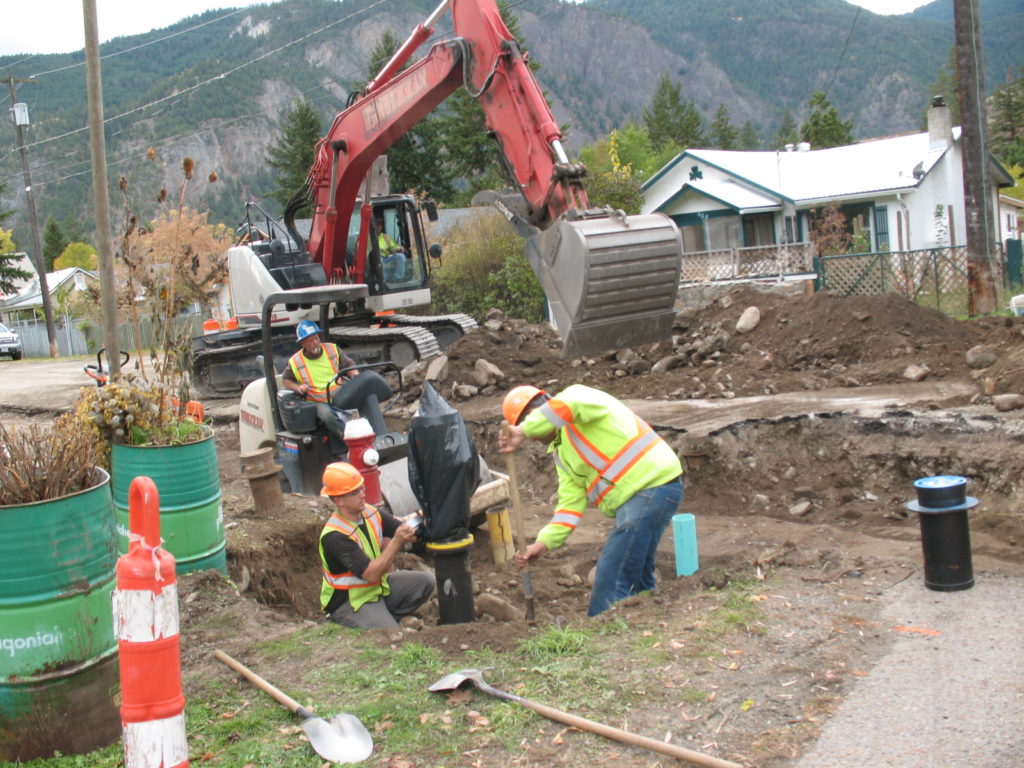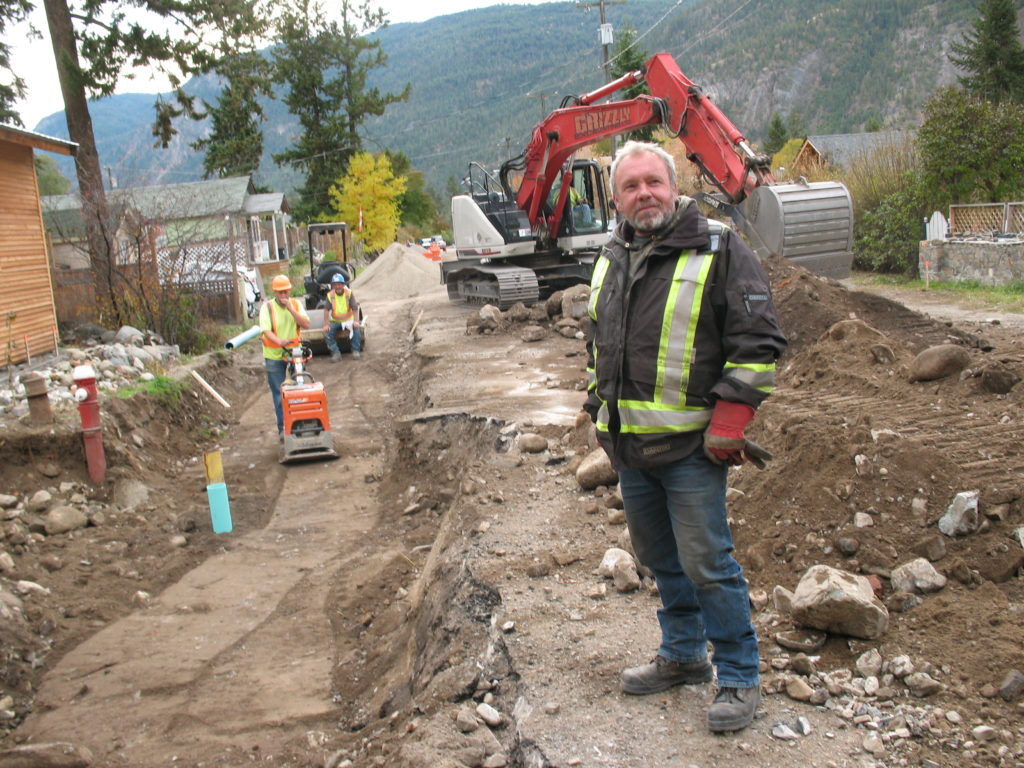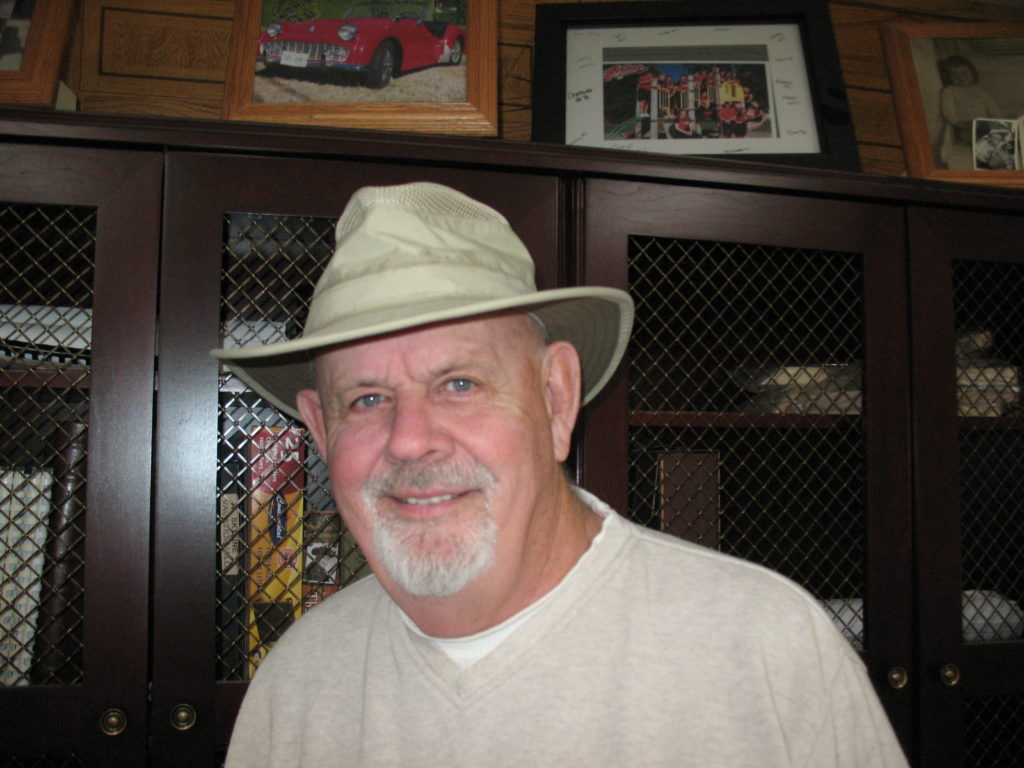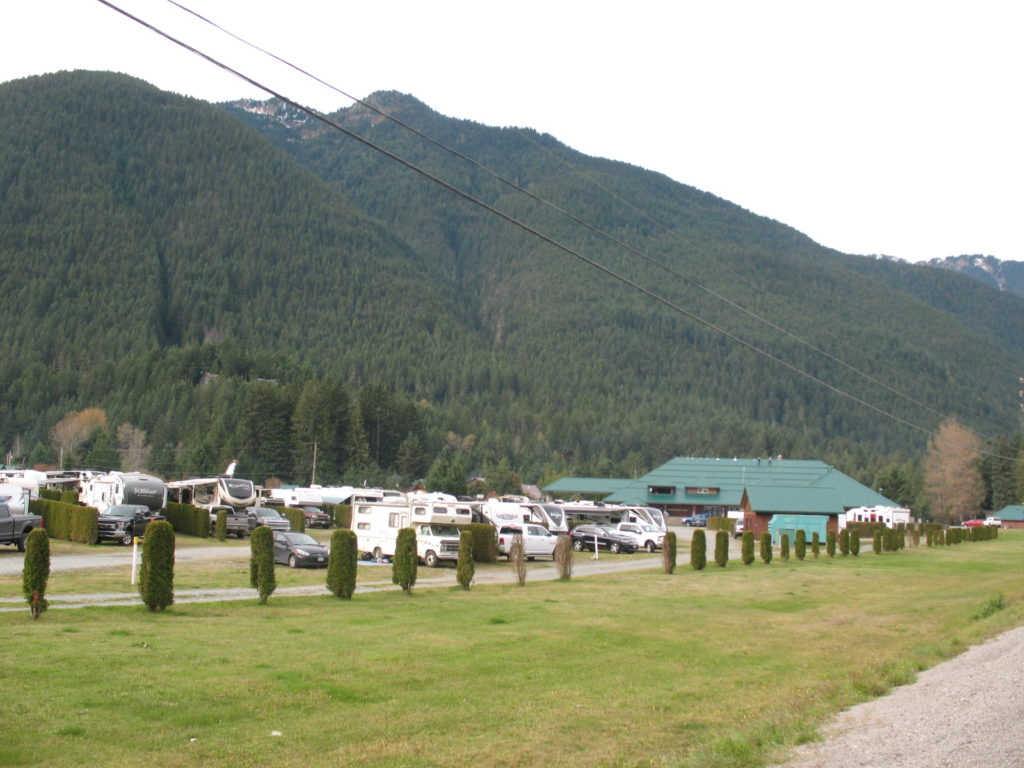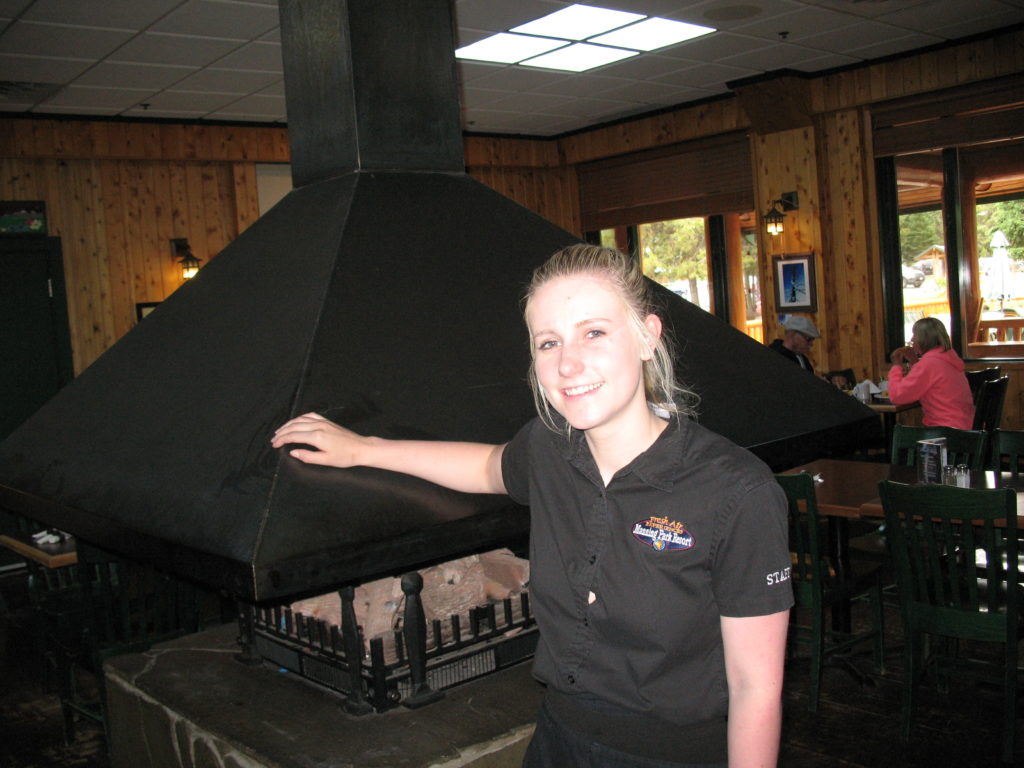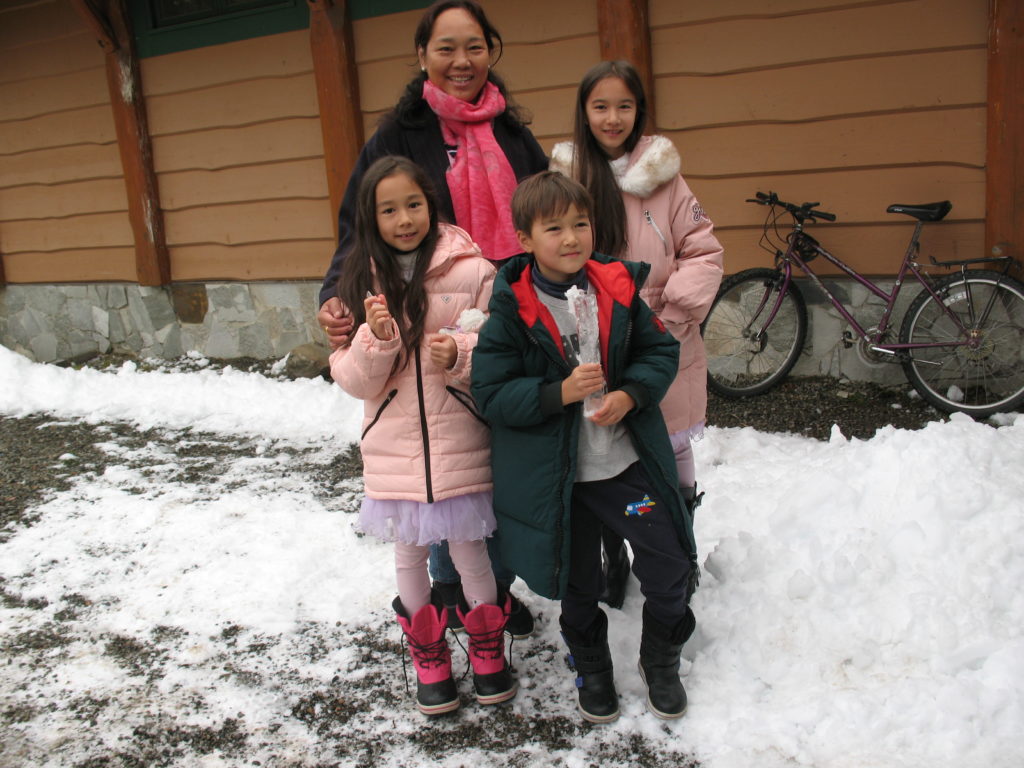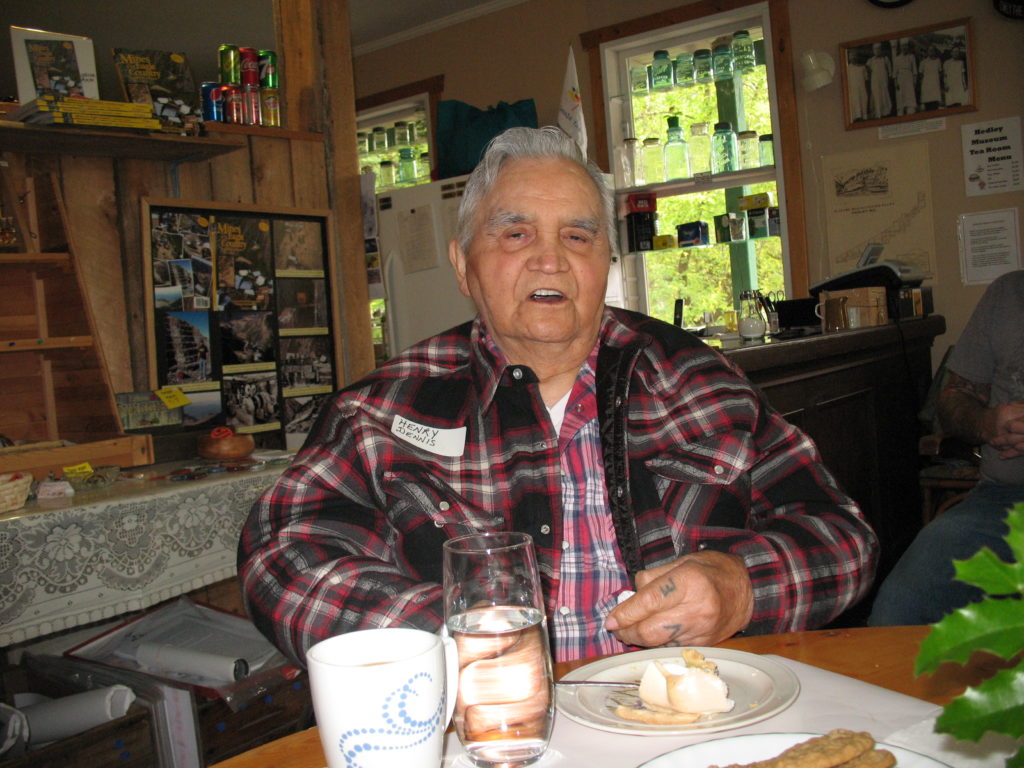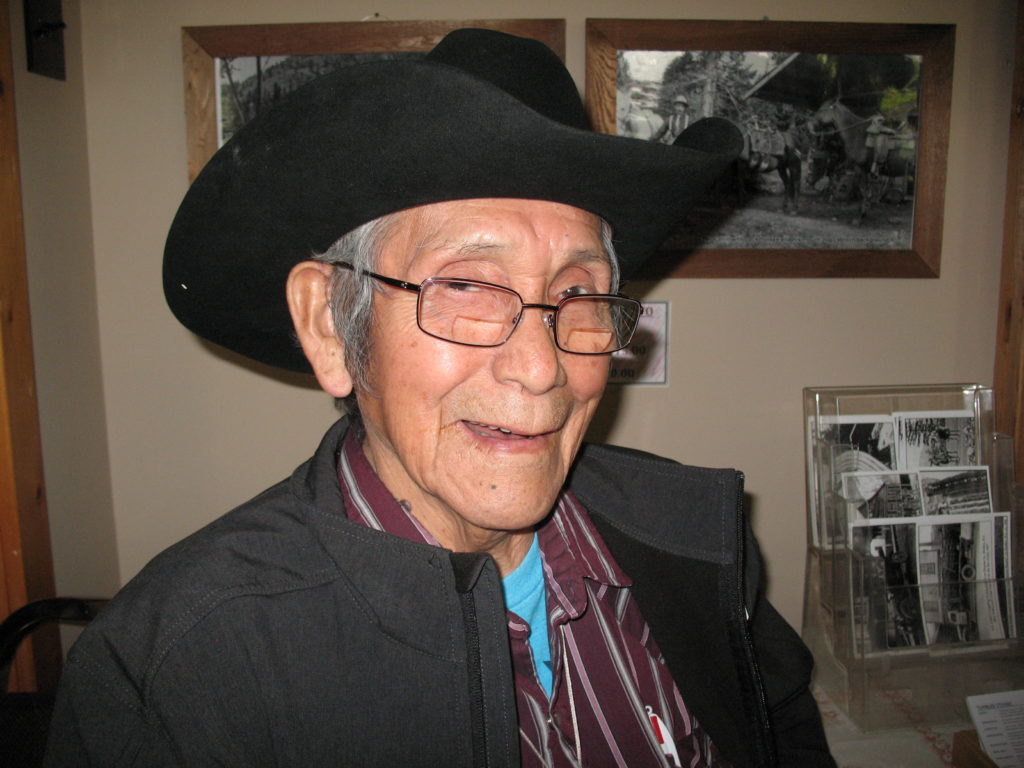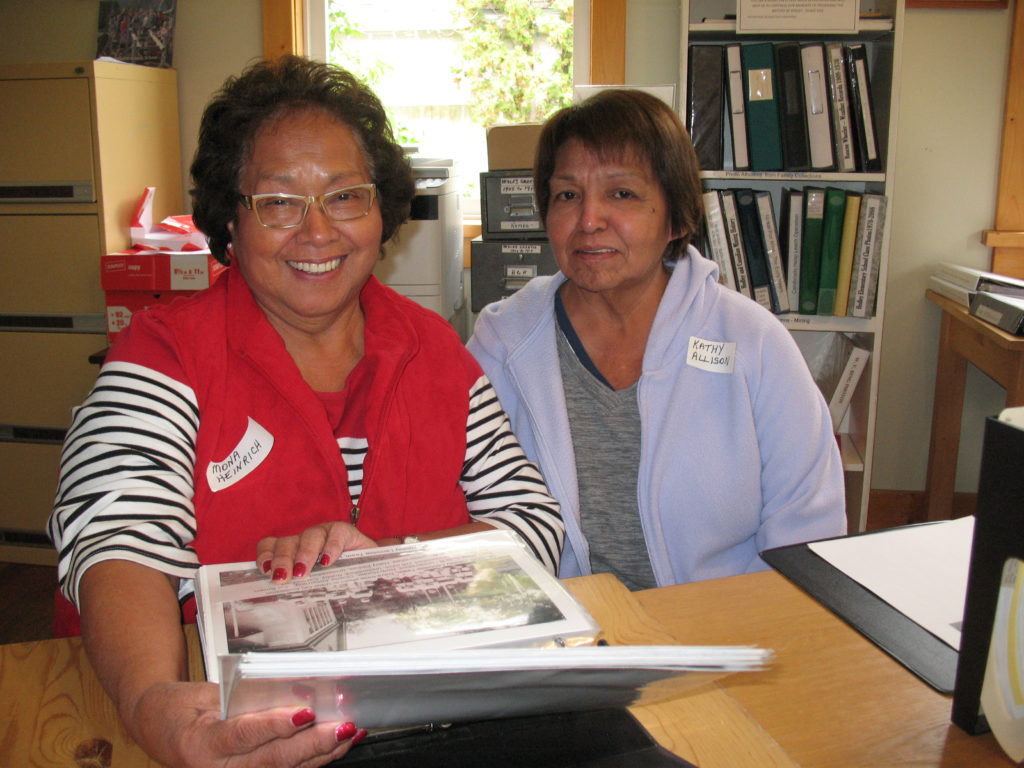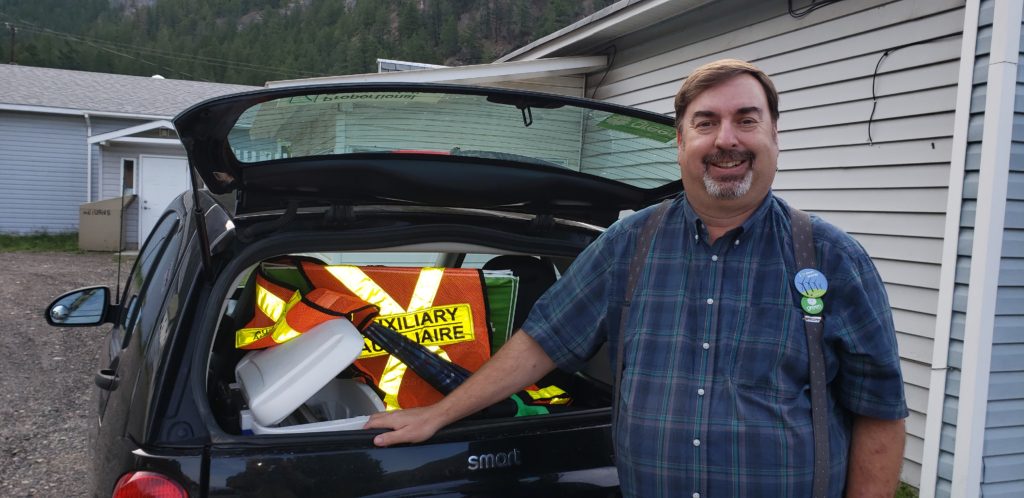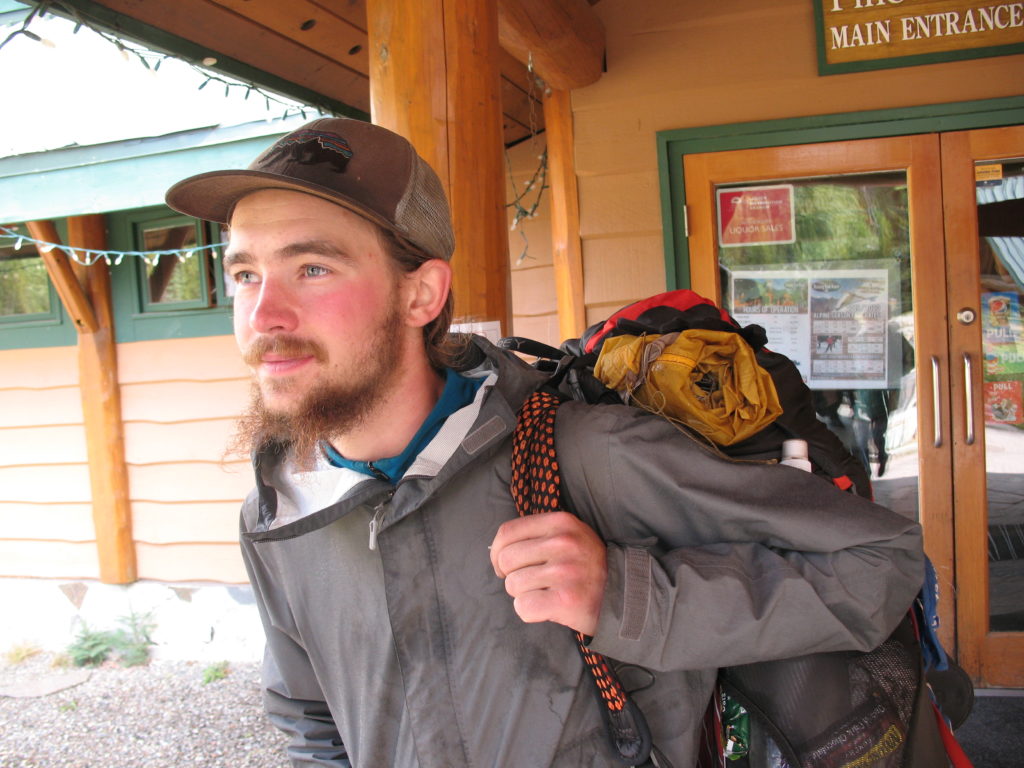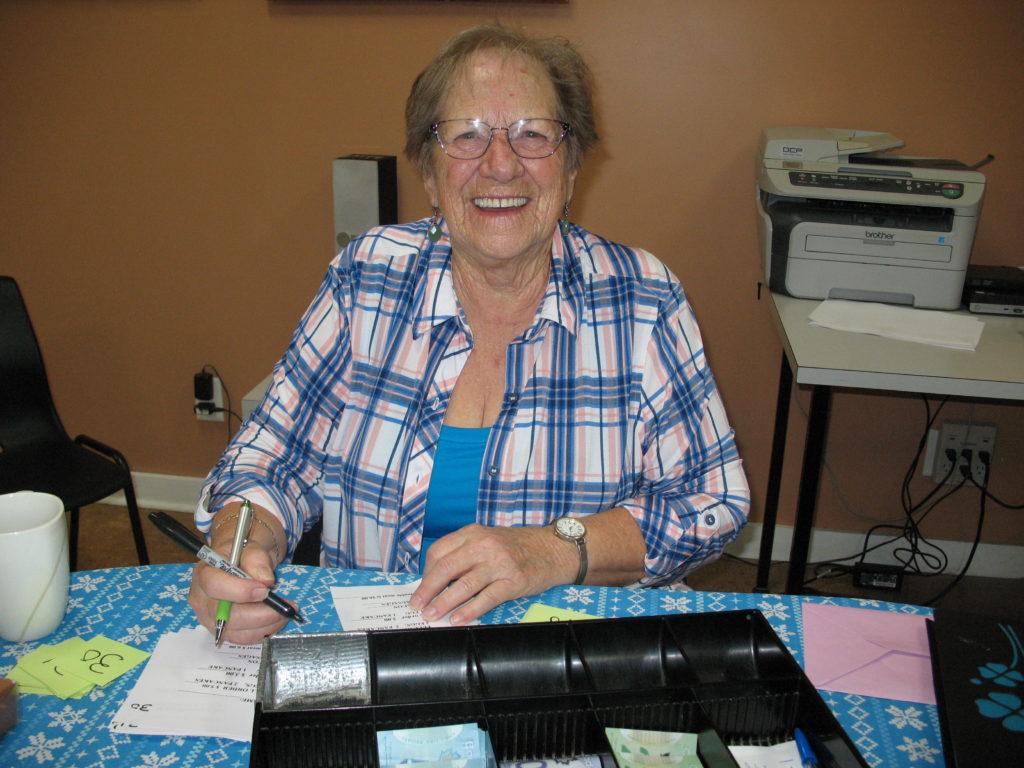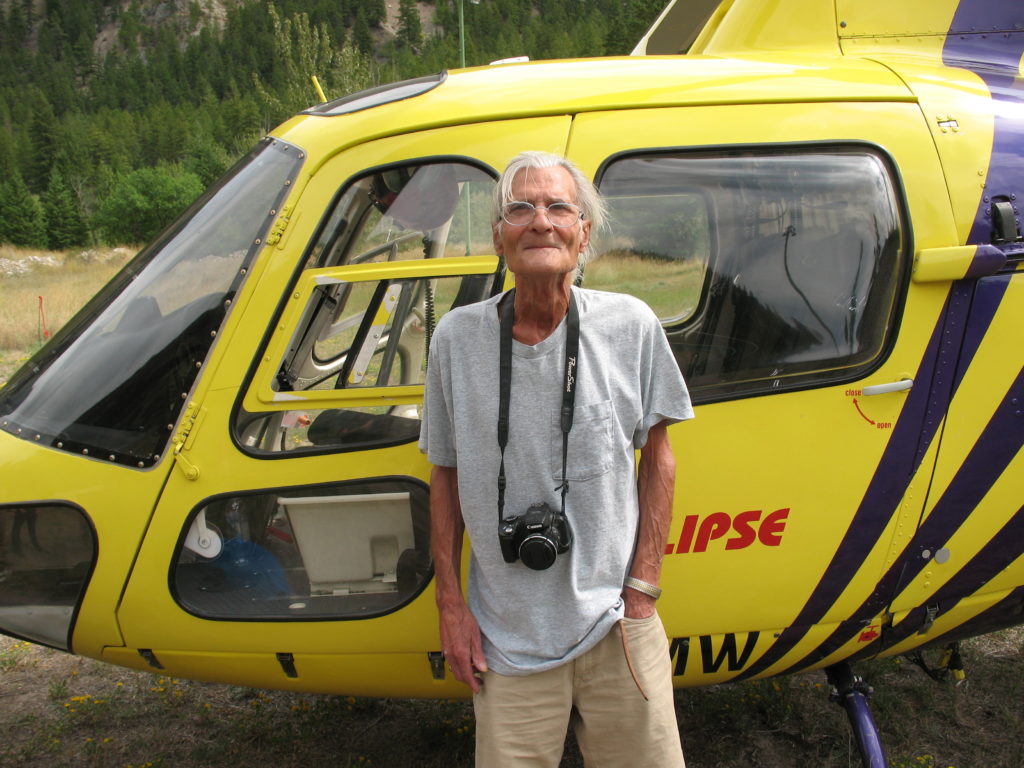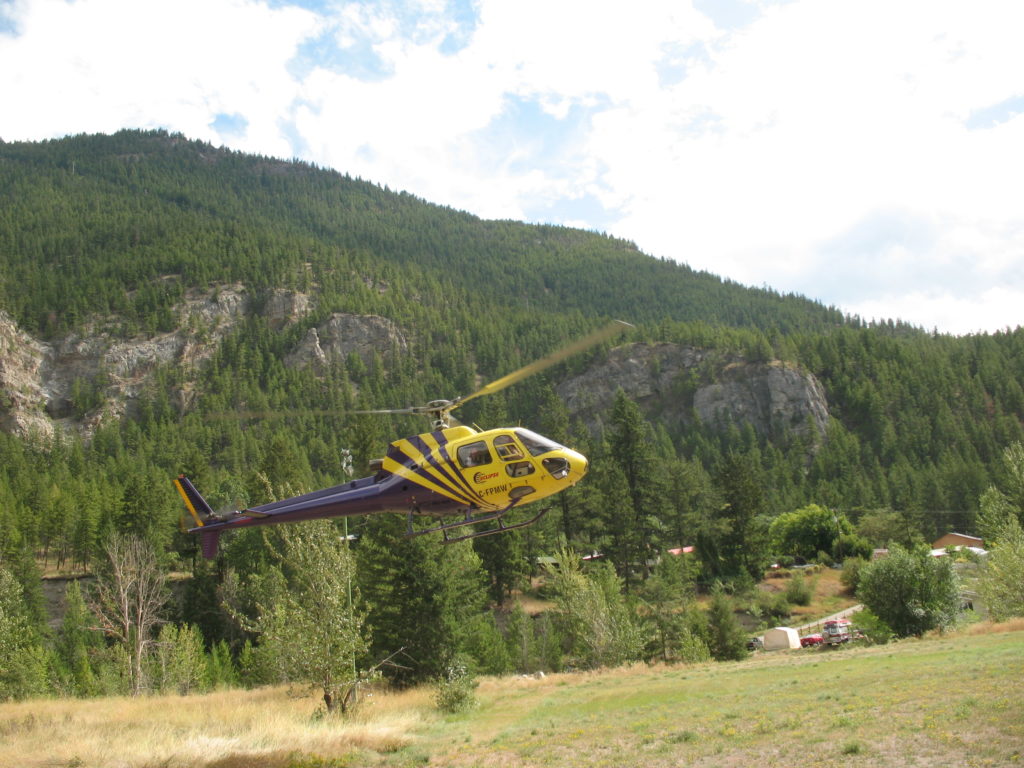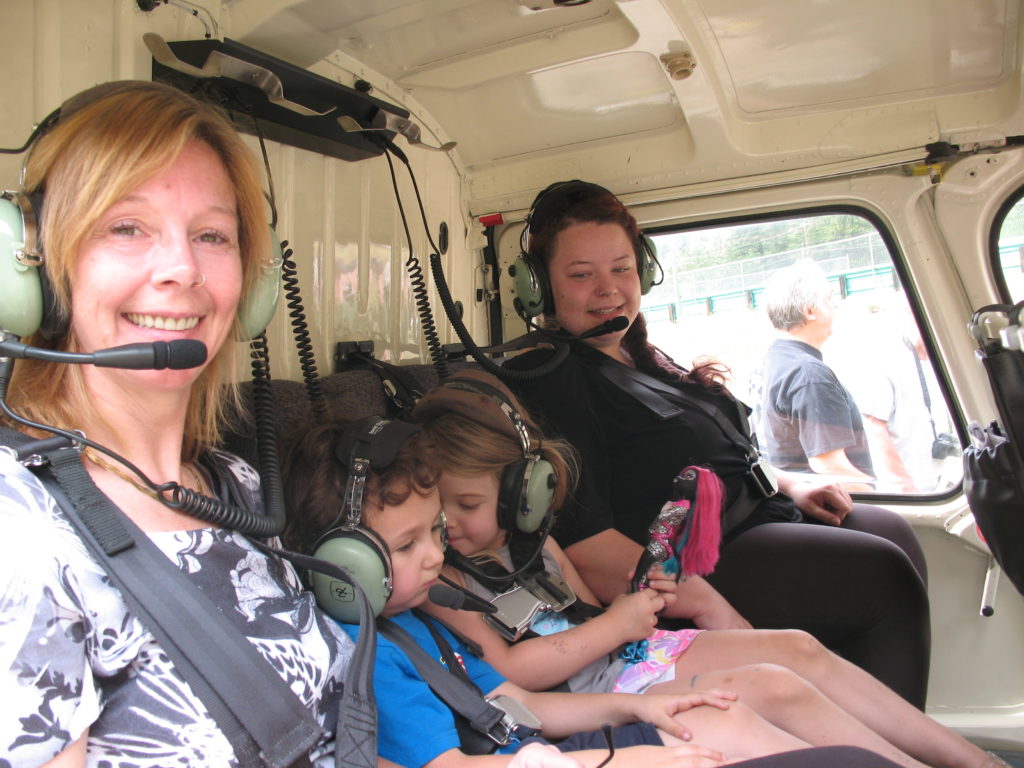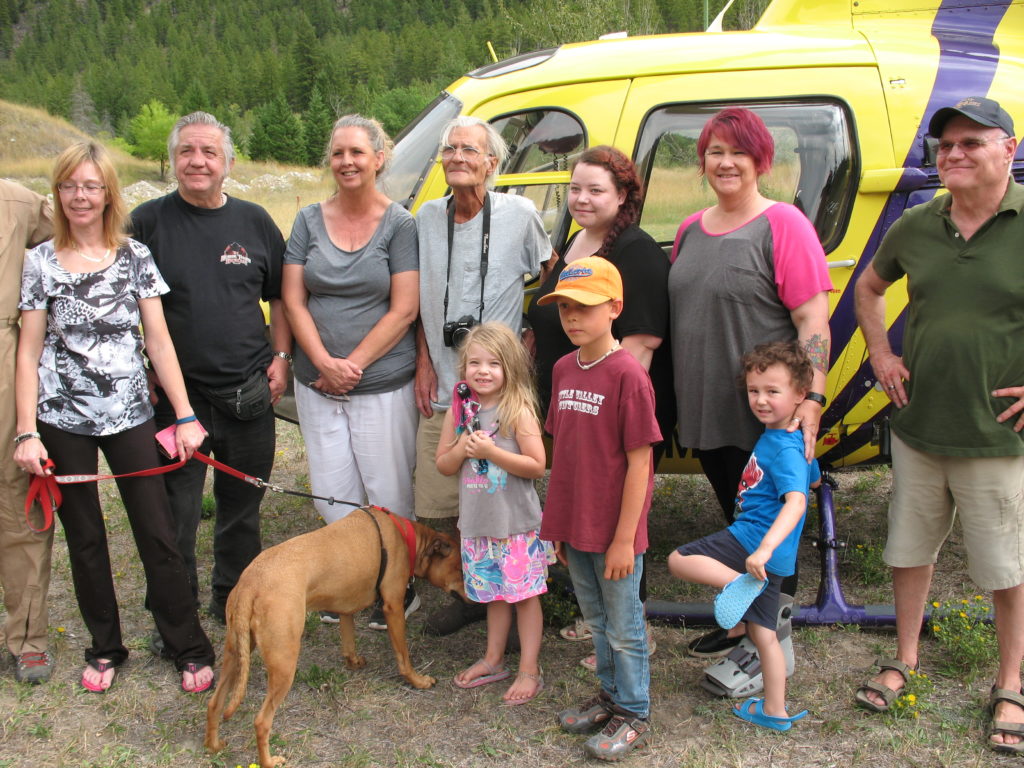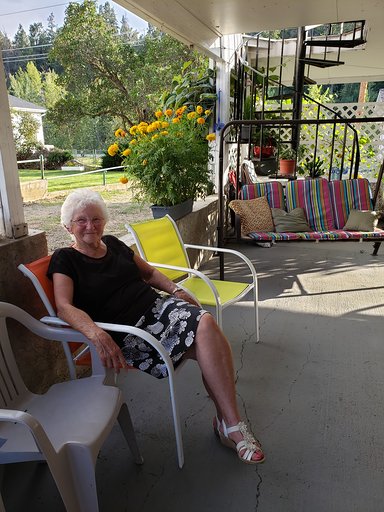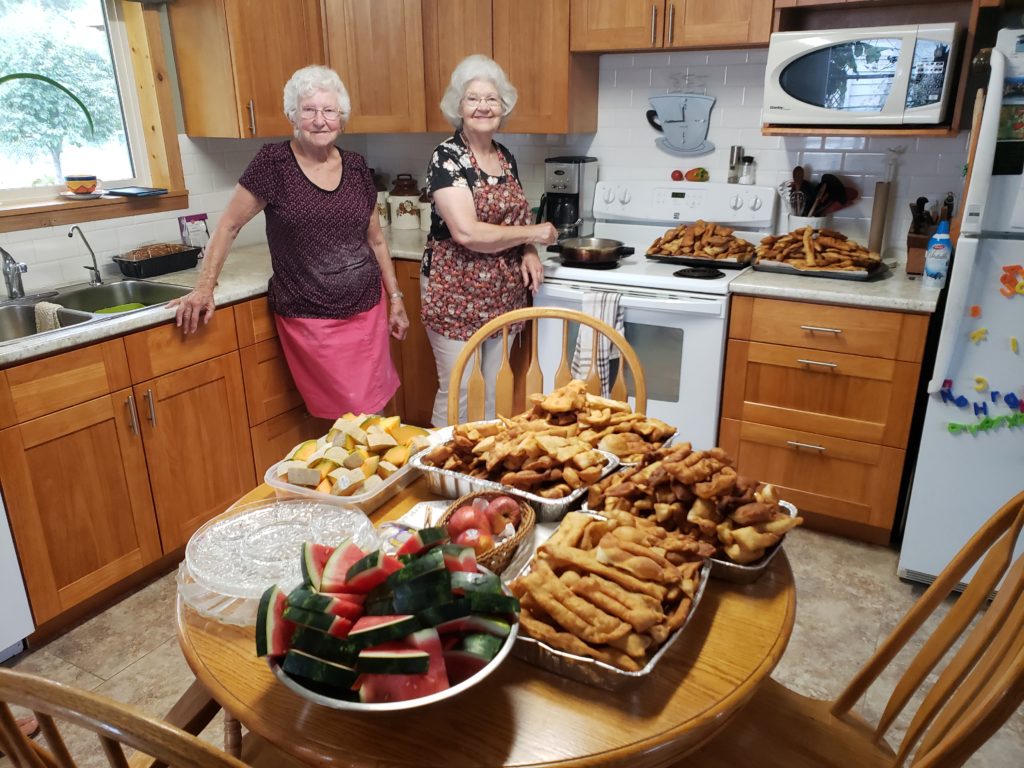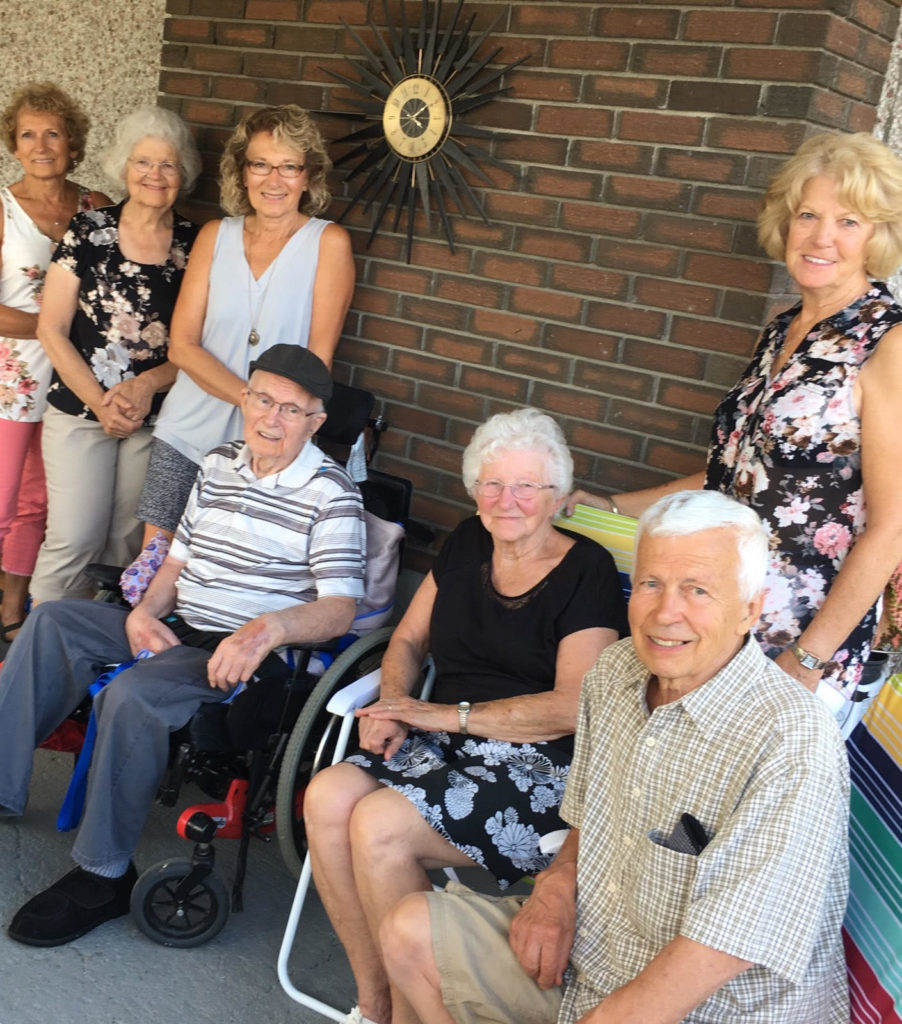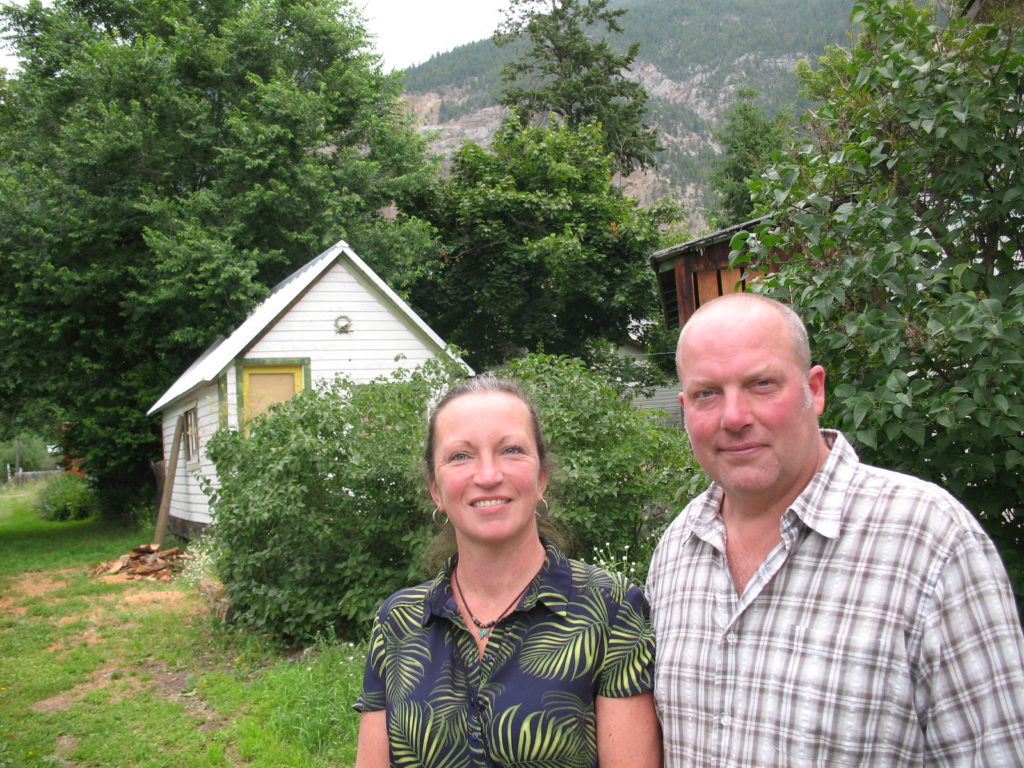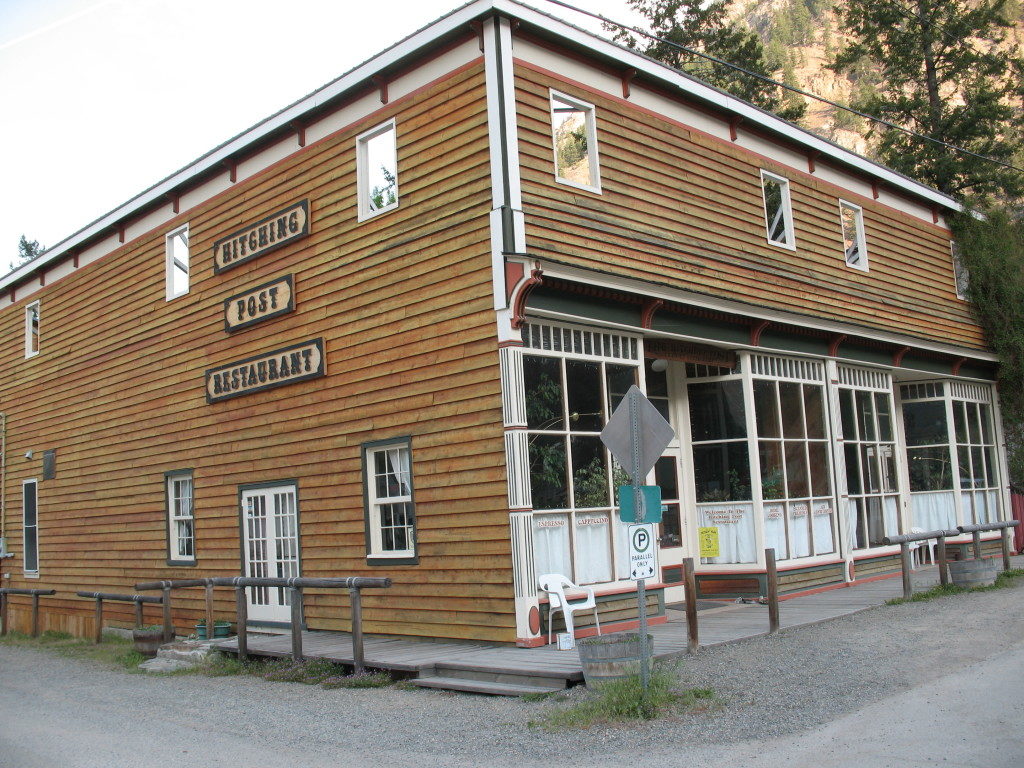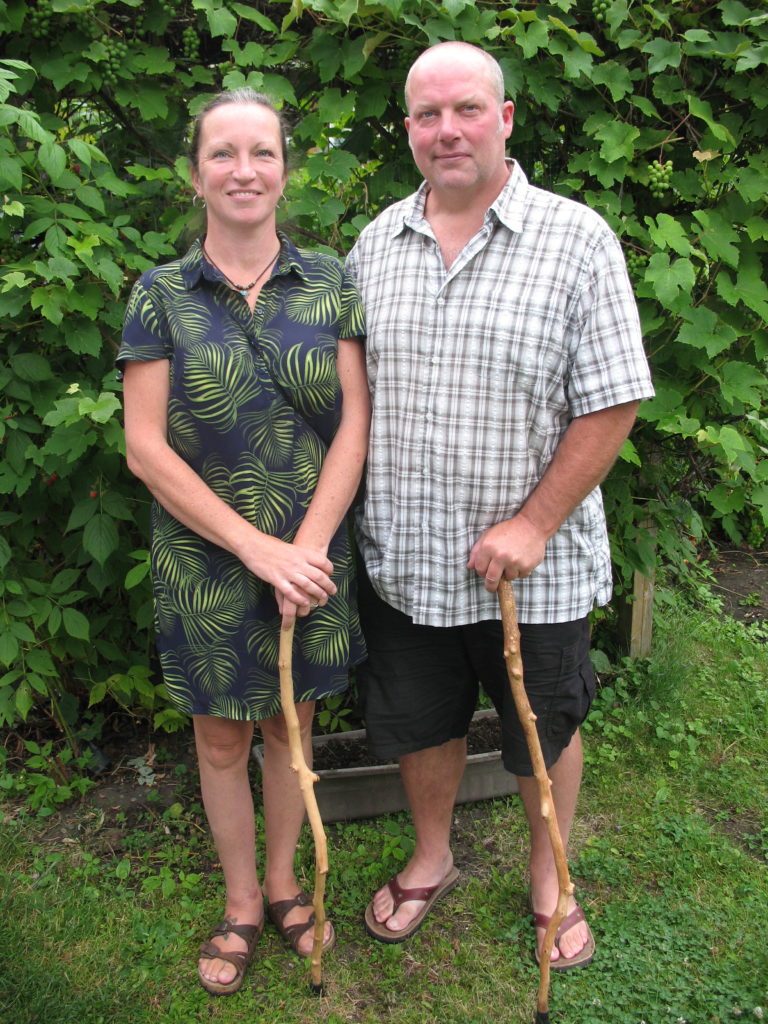
The illicit drug trade is well known for spawning turf wars. Brazen shootings are pretty common, sometimes in busy malls in daylight. But not in quiet Hedley, at least not until about 2 am last Friday.
The drive-by shooting targeting the drug house on Daly Avenue was likely not a case of competition for market share, but it was an indication that the drug trade invites volatility and danger.
Fortunately, in this case the four adults and one child in the house were not injured, but errant shots could have killed innocent individuals in neighbouring homes. Even for a professional sniper, shooting while driving is not an exact science.
Police have said the alleged shooter is a 35 year old male resident of Hedley. We’re a pretty close-knit community and some curious amateur sleuths in town have pieced together bits of information and scuttlebutt which they believe points to a well known individual. Apparently very early that morning a police cruiser was parked in front of a local home for some time. Also, the pickup truck owned by the alleged shooter was hauled away. Just about everyone in town would recognize the pickup. These two pieces of information point to the same individual. There may be more.
Some years ago, in our initial foray into the Similkameen Valley, we lived in the home where the cruiser was parked. It is troubling to me that the young man living here might be responsible for the shooting. I have always found him to be friendly, quite willing to chat, and certainly not someone I would have suspected. He’s a father and works in an industry that pays well.
What might motivate a seemingly rationale individual to engage in what could be construed as a vigilante action? News reports of such incidents almost invariably suggest gang involvement or a drug transaction gone wrong. But this is Hedley and the drug trade here is not all that sophisticated. Although we don’t know those who show up in cars from out of town, just about everyone recognizes the hapless addicted souls who routinely walk to the drug house. At this time we can only speculate as to motivation of the shooter.
One eye witness report after the shooting incident came from a woman walking her dog at about 6 am. “I saw the police lined up in front of the museum, about a block from the drug house,” she said. They were apparently confident our laws and court would back their actions. For Hedley citizens, it’s puzzling that an individual can be quickly dealt with by overwhelming force, but a “business” dealing in harmful illegal drugs cannot be easily touched.
The police are well aware of the concerns of residents regarding this life destroying malignancy festering in our midst. This causes me to wonder if as a society we are unwilling, or too apathetic, to provide them with the powers and means to take decisive action. Or do our elected representatives not deem our limited voting base worthy of their attention?
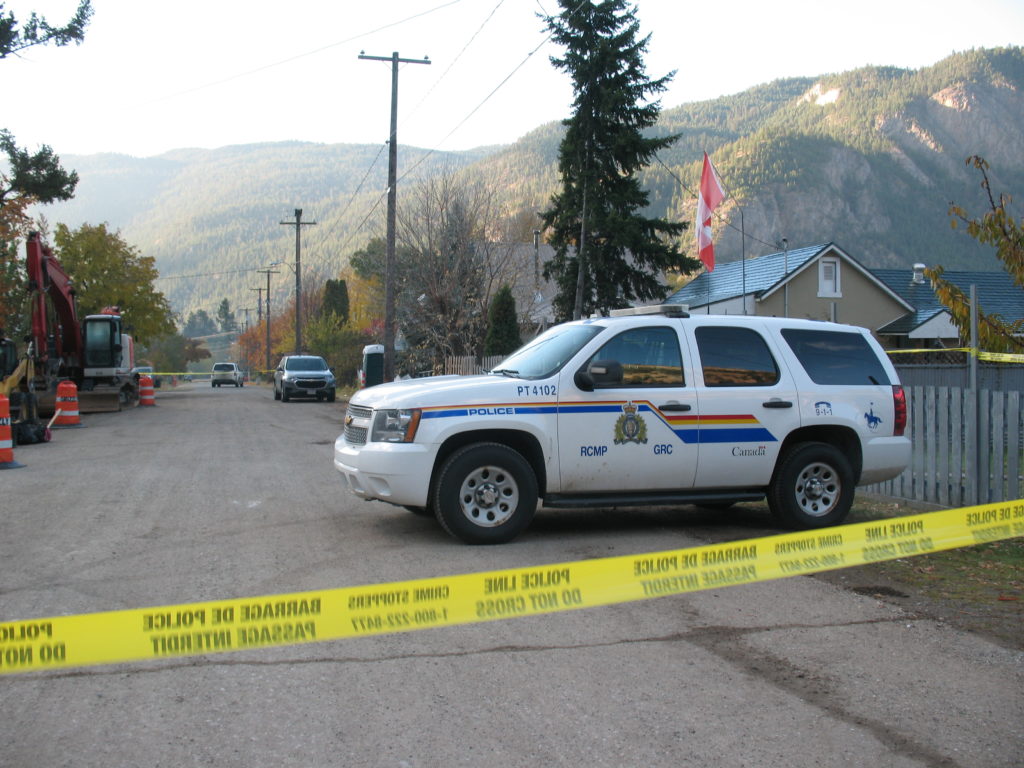
Interestingly, immediately after the police tape was removed and the officers departed, it was noted that customers quickly appeared at the door of the drug house, cash in hand, ready to buy. It’s a galling situation and many Hedley citizens are frustrated, disgusted and angered by anemic laws and complacent politicians overly focused on retaining or attaining power.
Is there a solution for our community, or for any community, contending with a similarly troubling issue? I believe there could be, but it will require us to be more proactive than those who make our laws and govern us. The ideal answer might be to clone Greta Thunberg, the Swedish environmental activist. She would certainly have the courage and boldness to lead the charge on this issue. Failing that, we need a local individual to step forward and provide leadership. Currently, Hedley resident TJ Bratt has begun circulating a petition that will go to the provincial Solicitor General, Area G Director, and our MLA. I’ve been assured it will be in the Hedley Country Market this week. It’s a beginning. An opportunity to demonstrate our resolute opposition to this blight that is devastating lives in our
community.


